What did classic Russian writers think about WINTER?
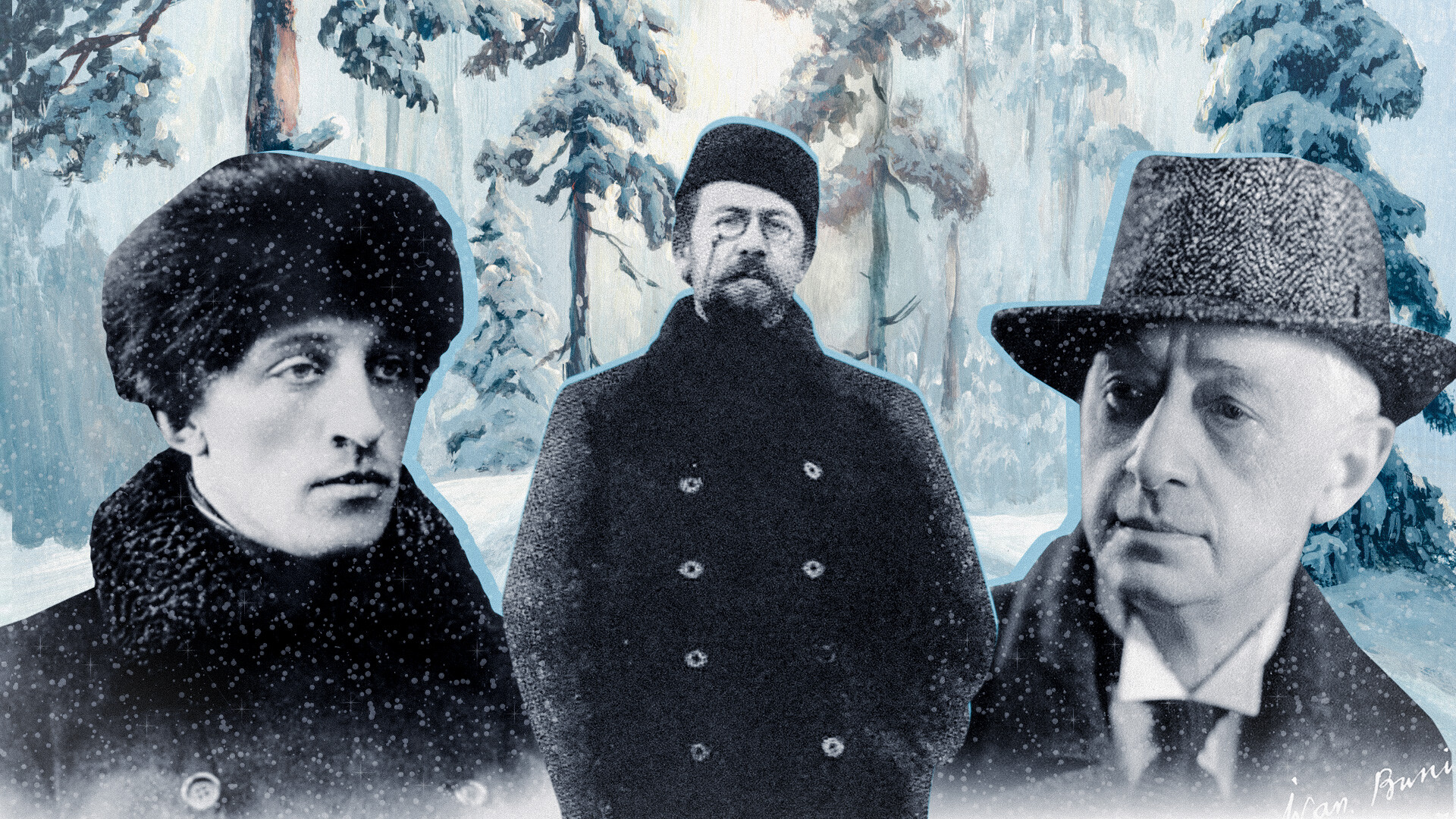
Bring back summer!
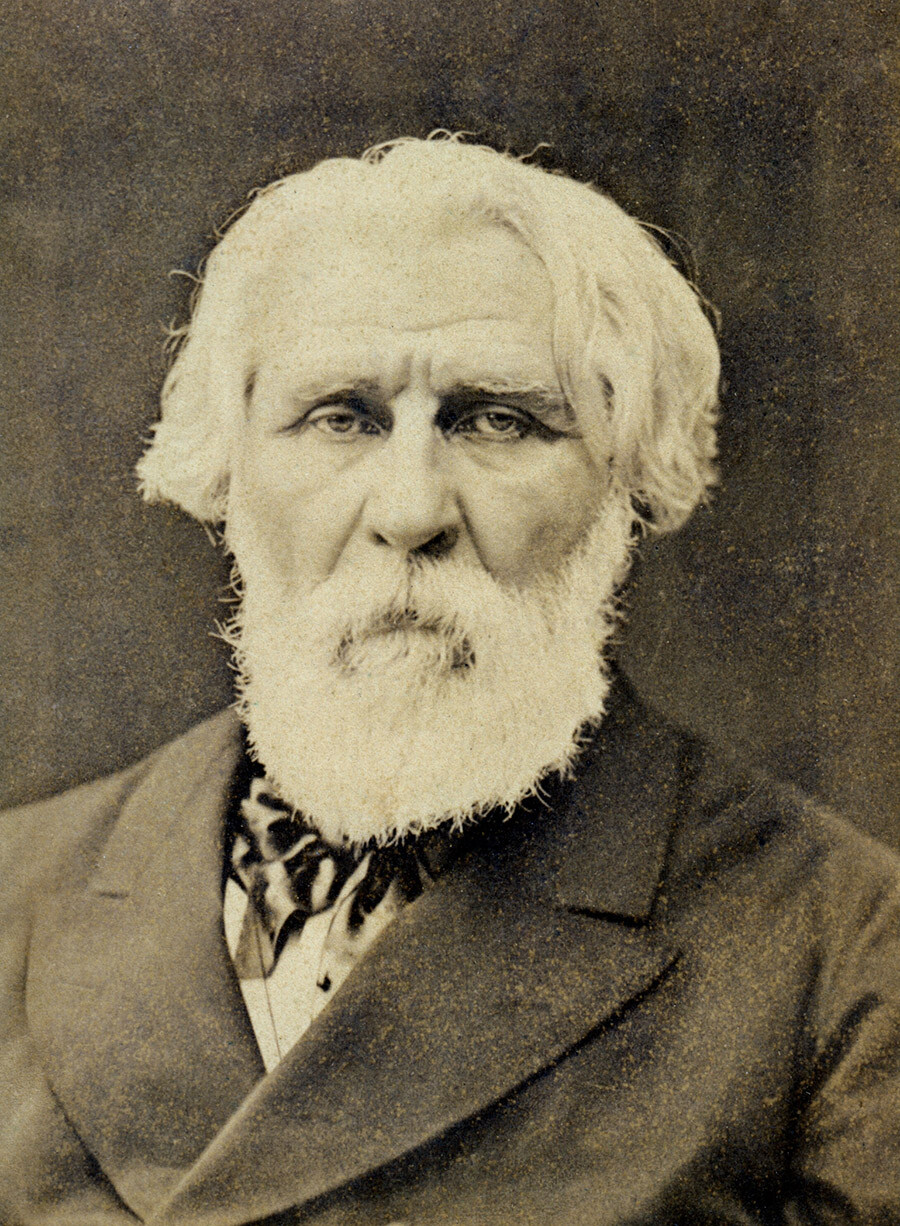
The weather in winter in Russia is changeable: sometimes the sun, sometimes snowfall, sometimes a thaw, sometimes bitter frosts. Not everyone liked such whims. For example, Ivan Turgenev could not stand them. “A snowstorm has been raging since early morning, crying, moaning, howling on the dismal streets of Moscow – the branches of the trees under my windows are intertwined and twisted like sinners in hell, through this noise the sad ringing of bells can be heard… What weather! What a country!” he complained in his letter to opera singer Pauline Viardot.
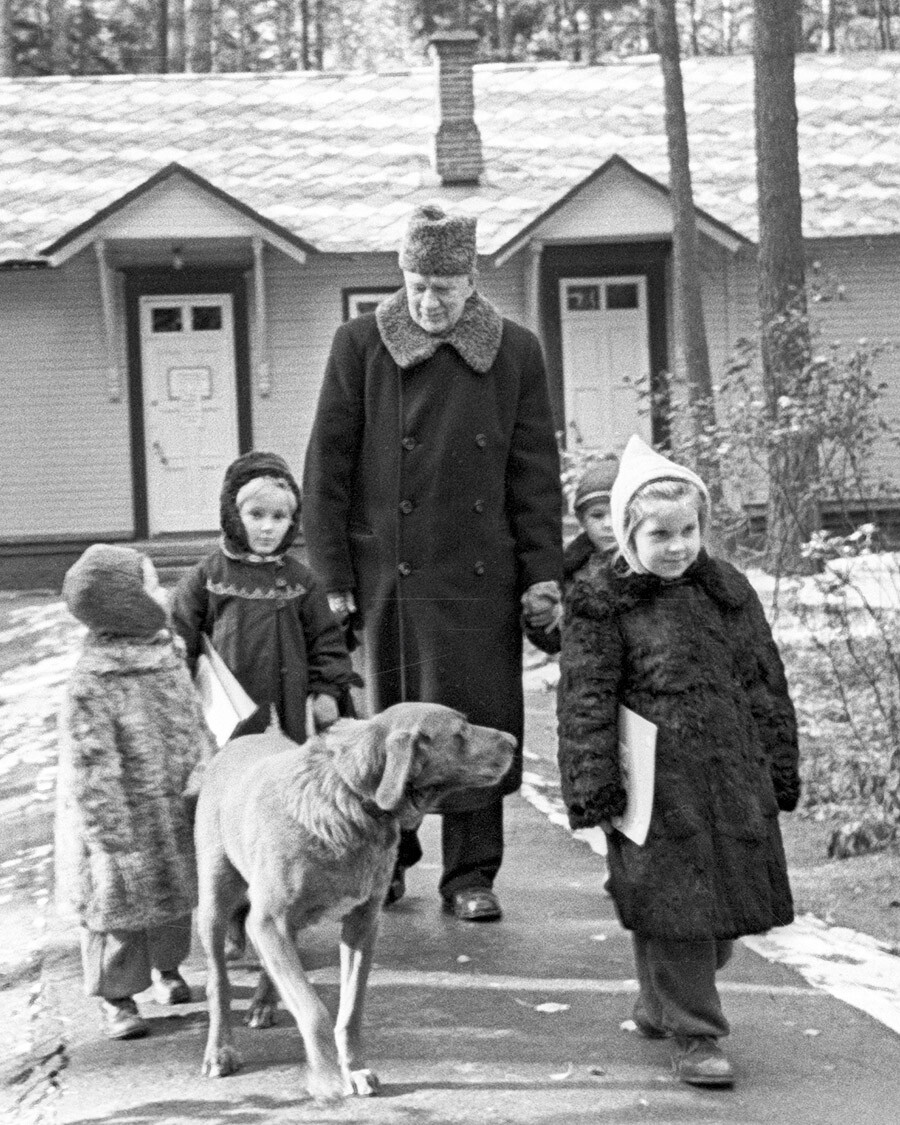
Poet Korney Chukovsky was not happy about the cold either. “The weather outside is despicable: some kind of scum is pouring down from the sky, in huge quantities, and forming a mush on the ground, which does not flow down like rain and does not fall into heaps like snow, but turns all the streets into a solid puddle. Fog. Everyone who went out yesterday is doomed to influenza, fever or typhus.”
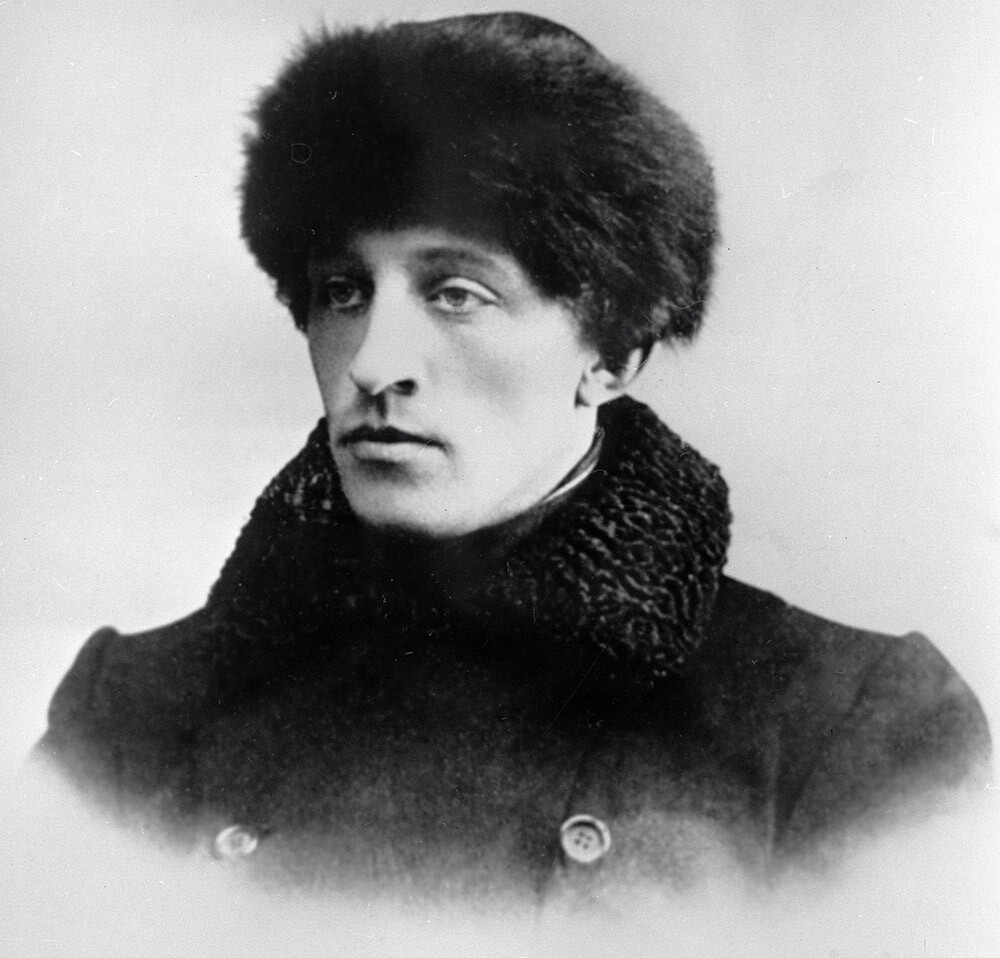
Poet Alexander Blok had an “allergy” to winter. “The eternal horror of Christmas Eve and holidays: such a frost that you meet confused people walking unsteadily on the street. Walking before the bath, I’m freezing in my expensive coat,” he complained.
Anton Chekhov wrote from Melikhovo to publisher Alexei Suvorin: “…Snow is falling during the day and, at night, the moon is shining all over Ivanovo, a magnificent, marvelous moon. Magnificent. But, nevertheless, I still wonder at the endurance of the landowners who live in the village in winter. In winter, there is so little to do in the village that if one is not involved in mental labor, one must inevitably become a glutton and a drunkard or Turgenev's Pegasov. The monotony of snowdrifts and bare trees, long nights, moonlight, deathly silence day and night, women, old women – all this encourages laziness, indifference and a large liver.”
Staying for the winter
“Evening. A terrible snowstorm rages incessantly outside. I just went out onto the porch. A cold, sharp wind beats snow in my face. In the impenetrable, swirling darkness, you can’t even see the buildings. Barely, as in a fog, you can see the snow-covered garden. The cold is unbearable,” is how Ivan Bunin described the bad weather in winter.
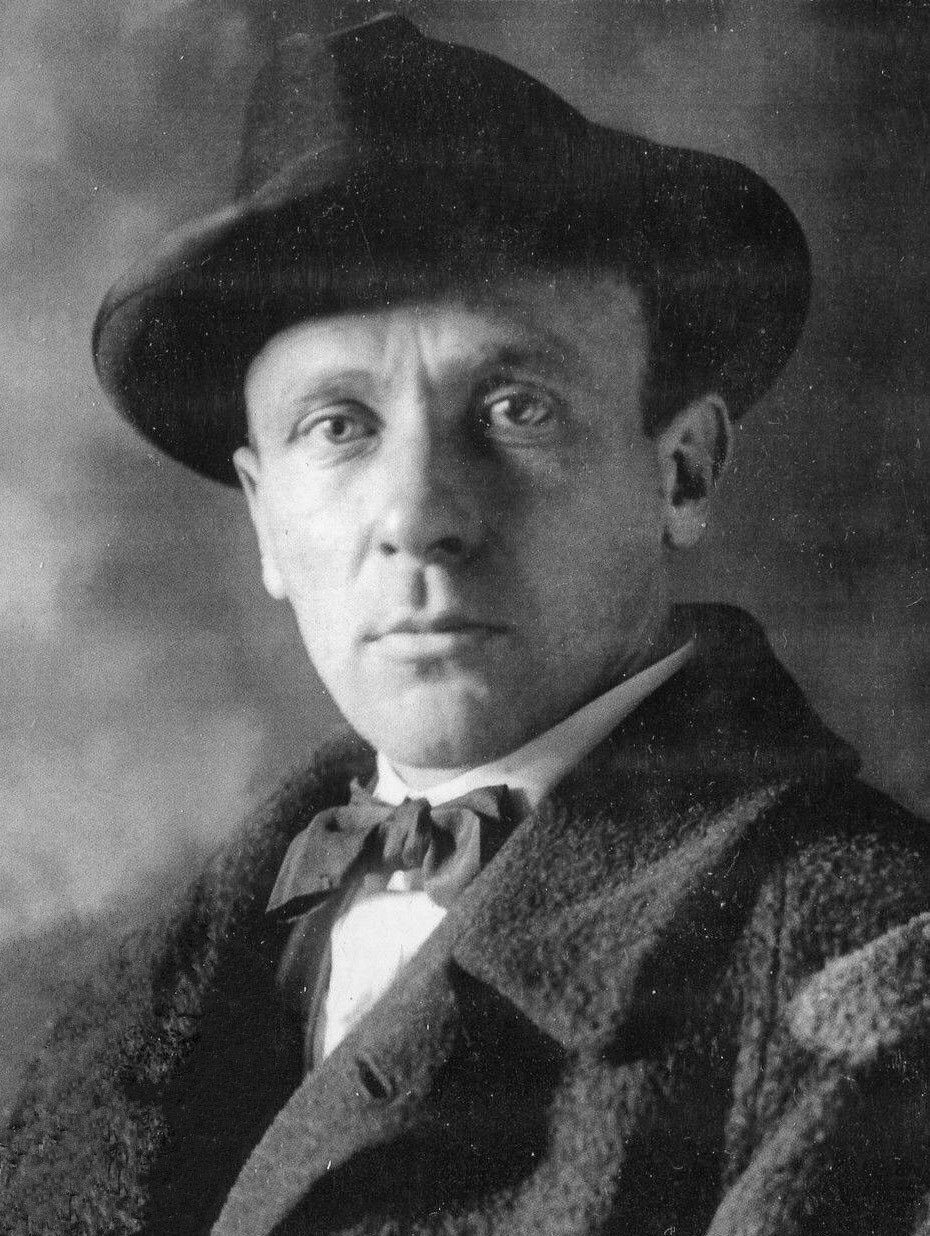
“This winter is truly endless. You look out the window and you want to spit. And the gray snow lies and lies on the roofs. I’m sick of winter!” writer Mikhail Bulgakov complained in a letter to philosopher Pavel Popov.
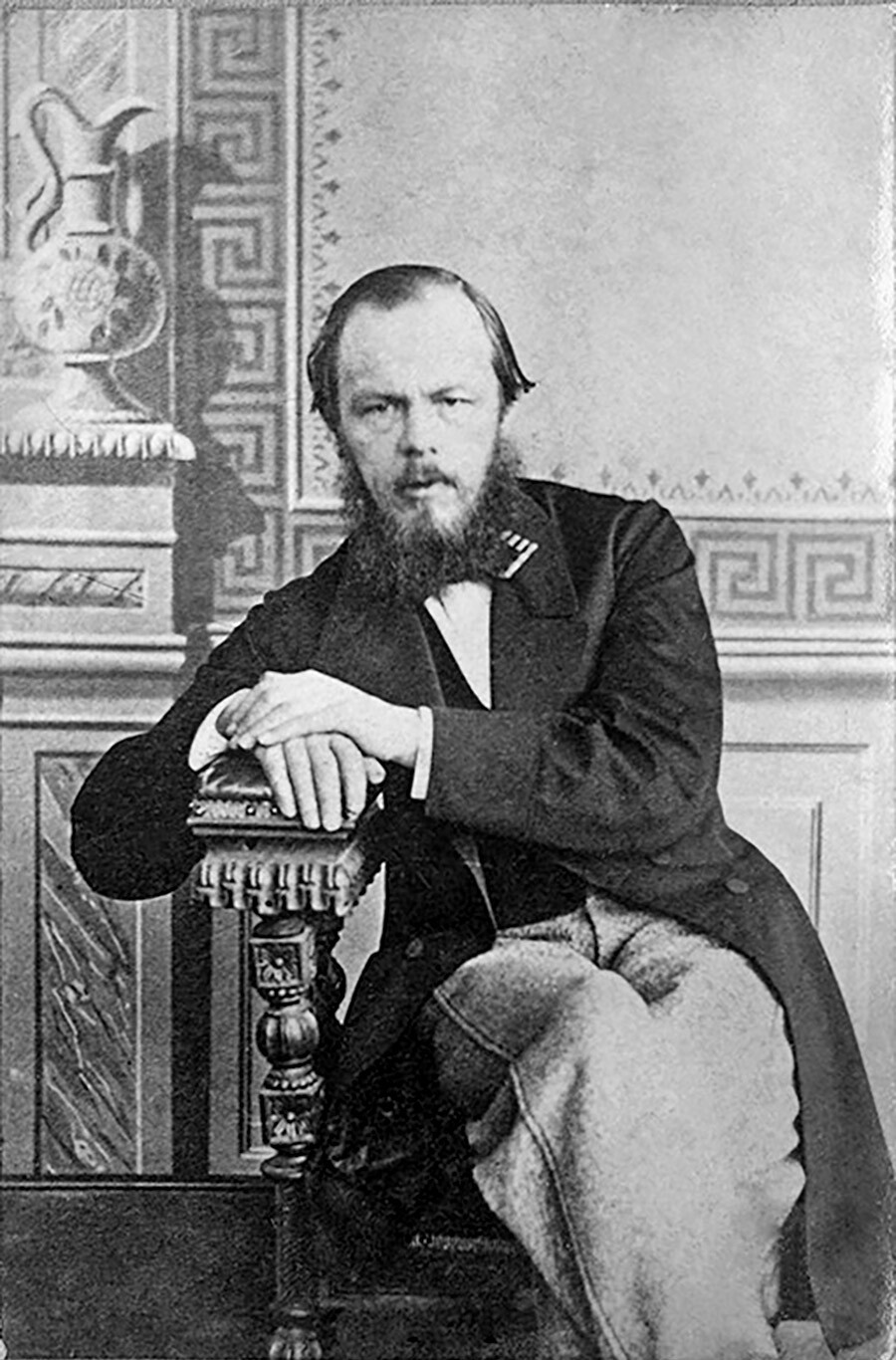
Fyodor Dostoevsky looked for the positives in the cold: "You should definitely come to St. Petersburg for the winter. St. Petersburg is terribly dreary and boring, but, nevertheless, everything that lives among us consciously is in it now. And that means something. Petersburg, in spite of its bad climate, will be good for you, even for your health. After all, you are very nervous, impressionable and dreamy. Therefore, you, less than anyone, need to remain in solitude.”
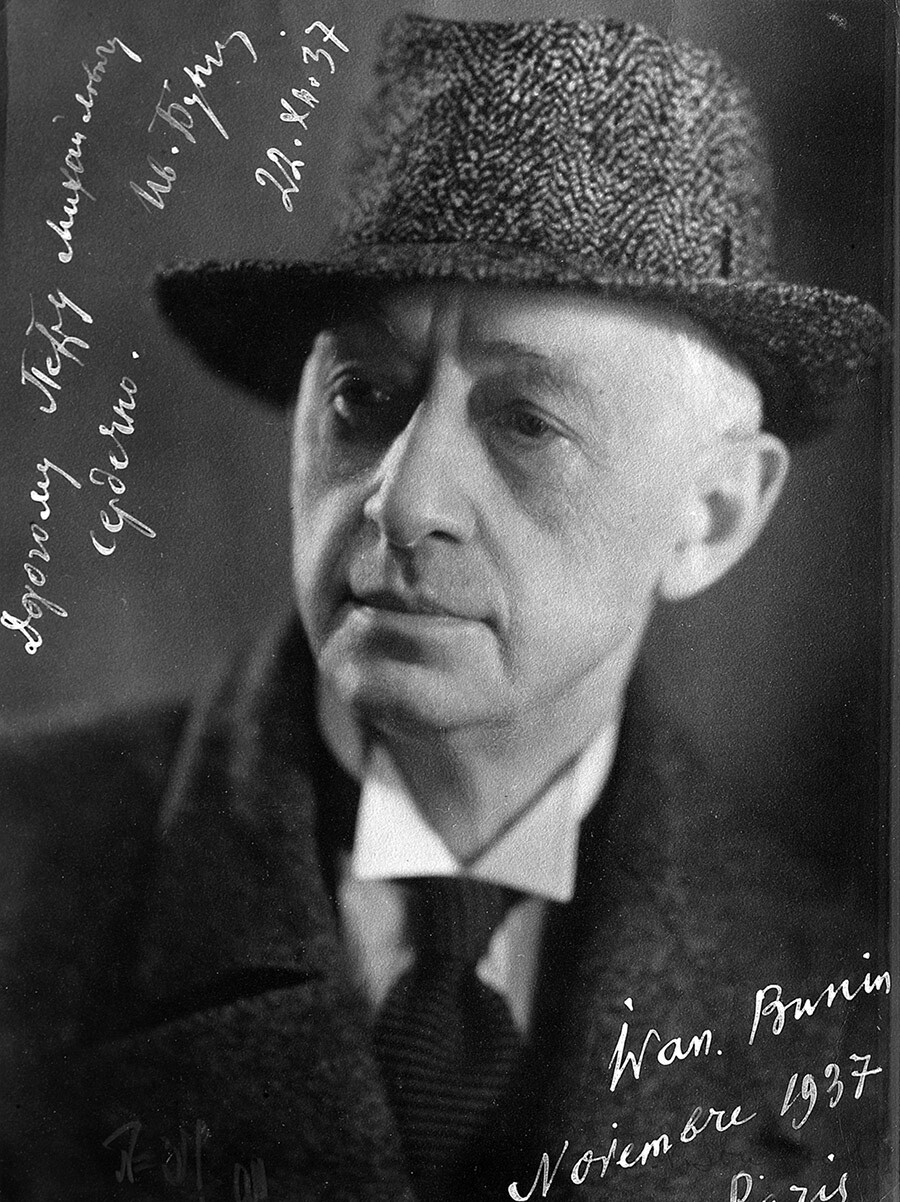
It was possible to hide from bad weather on the sea coast. Writer Ivan Bunin reported from Yalta to Anton Chekhov: “For several days, there has been a stormy winter, just like in our dark March days, when ‘the son comes after the father’, that is, wet snow falls. Now, it has melted – a sunny, cool day. But, the mountains, just like in Switzerland.”
Although the winters in Crimea were incomparably milder and warmer than in Moscow or St. Petersburg, even they could get tiring. “Here, in blessed Yalta, one could freeze to death without letters. Idleness, a stupid winter with a constant temperature above zero, a complete absence of interesting women, pig snouts on the embankment – all this can spoil and wear out a person in a very short time. I'm tired, it seems to me that winter has been dragging on for 10 years already,” Chekhov complained.
Winter is good
And yet, it was impossible not to succumb to the charm of Russian winter landscapes. “The lamp burns on the table with a dim, quiet light. The icy white patterns on the windows shimmer with multi-colored, shiny lights. Quiet. Only the howling snowstorm and Masha humming a song. You listen to these tunes and involuntarily surrender to the power of a long winter evening,” admitted Ivan Bunin.
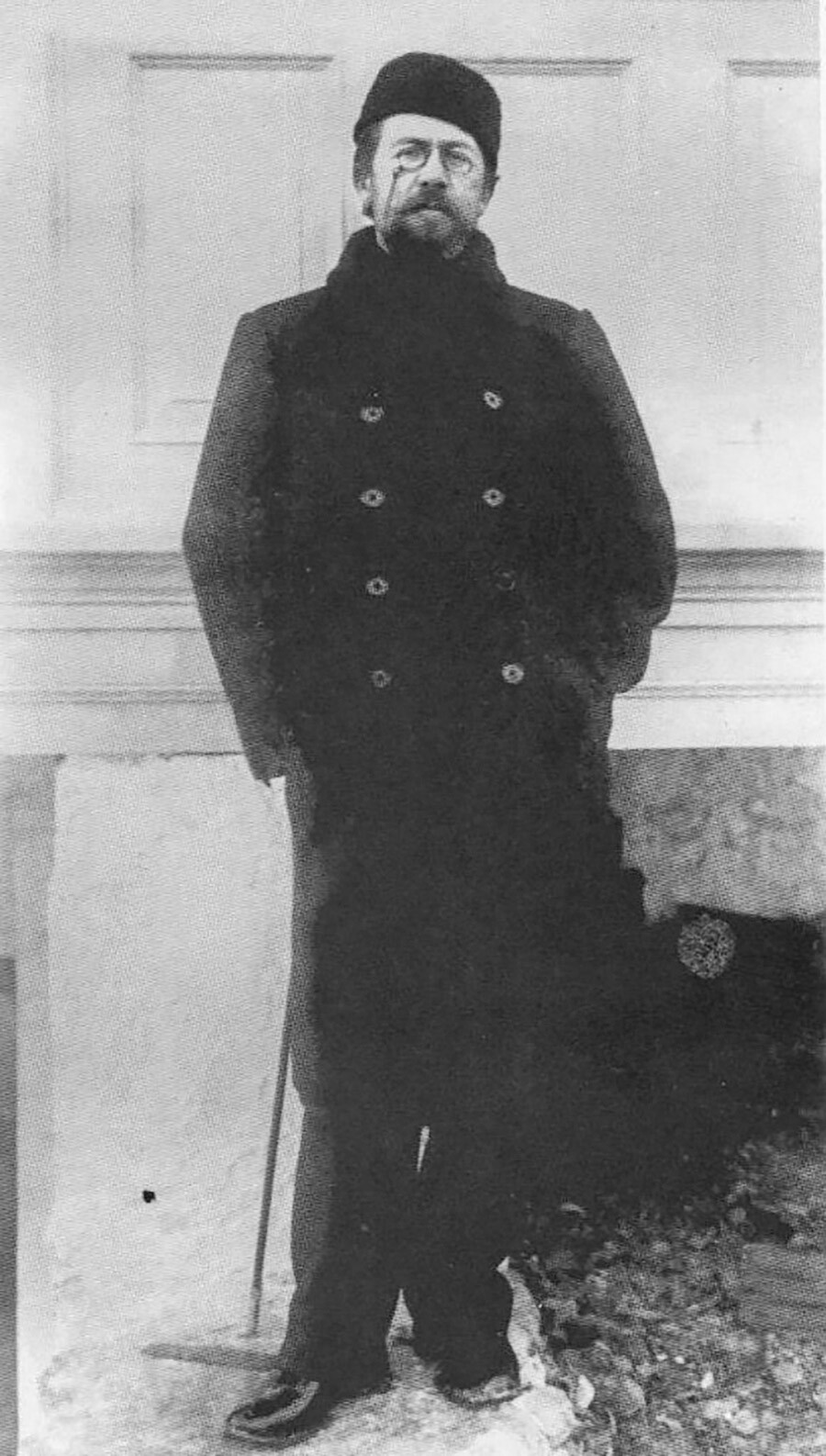
“The weather in Yalta is very good, it’s warm, everything is green and I will probably stay here for the winter. The winter will be long, long,” wrote Anton Chekhov.

